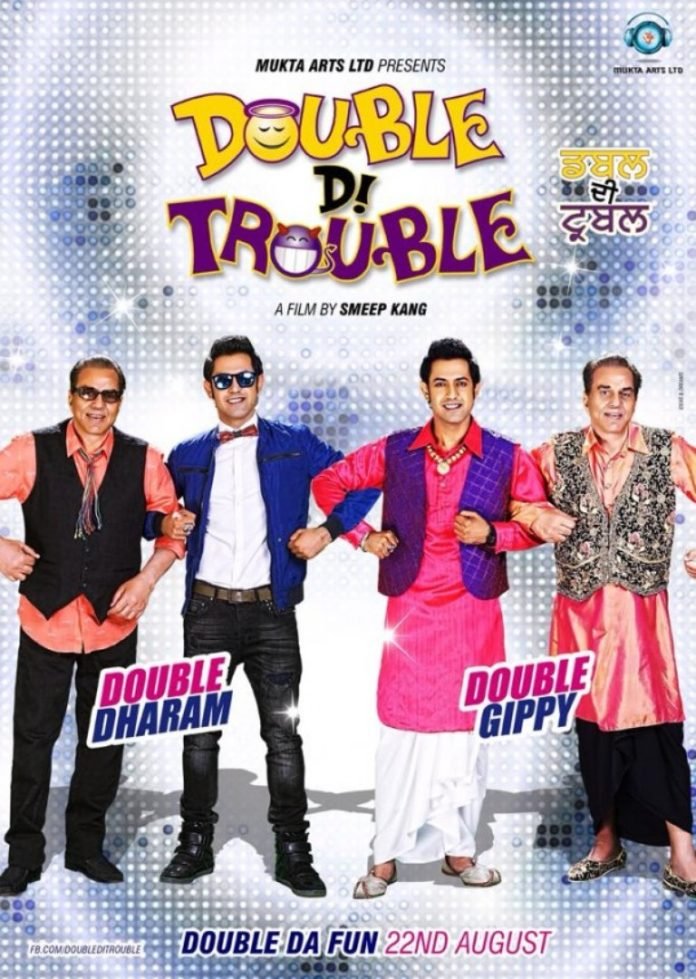Recently, a Single Judge Bench of the Delhi High Court comprising of Pratibha M. Singh, J., while disposing of a suit for passing off and infringement of copyright in a title of a film, held that neither the title was entitled for copyright nor did the plaintiff acquire any goodwill in the title to claim protection under the law of passing off.
The facts of the case are as follows:
Prism Motion Pictures Private Limited (“Plaintiff”) coined the title “Double Trouble” in respect of a Punjabi film and applied for registration of the same with the Indian Motion Pictures Producers’ Association (‘IMPPA’) in or around March 2013. IMPAA is a voluntary organisation in the Indian film industry that permits registration of film titles in order to establish priority in adoption of movie titles and resolve grievances of members. The film title was granted registration on 30th July, 2014 by IMPAA. The Plaintiff did not dispute the fact that it has not used the title “Double Trouble” for any film or programme till date and merely holds a registration with IMPPA.
Meanwhile, Mukta Arts Limited adopted the title “Double Di Trouble” in respect of its Punjabi film which was released in August 2014. Thereafter, Plaintiff filed a suit in the Delhi High Court seeking an injunction to restrain the Defendant from using the title “Double Di Trouble”, which is almost identical to the Plaintiff’s title.
The Defendant contended that on 11th July 2013, it had applied for the registration of its title with the Indian Film and TV Producers Council (‘IFTPC’), a similar voluntary organisation like the IMPAA. Subsequently, the title was granted registration on 30th August, 2013. Defendant did not dispute the fact that the Plaintiff’s application for registration was prior in time to that of the Defendant.
The question before the Court was whether the plaintiff had any copyright in the title or established any goodwill therein.
In relation to the cause of action for copyright infringement, the Court relied on the judgment of the Hon’ble Supreme Court of India in the matter of Krishna Lulla v. Shyam Vithalrao Devkatta; wherein it was held that there can be no copyright over film titles.
Thereafter, the Court observed that movie titles may be entitled to protection, if substantial reputation and goodwill are established, per se. However, in absence of the same, they would not be protectable. However, the Court noted that the Plaintiff’s title had not been used in the public domain till date. Comparing the established position with the facts of the present case, the Court observed that since the film had not been released and the title had not acquired distinctiveness qua the plaintiff, the title could not be protected even under the law of passing off.
Lastly, the Court also noted that since the process of developing, producing and releasing a film is a lengthy one, consequently the period required for a title to acquire goodwill is equally long and the entire purpose of registration of titles with voluntary organisations would be defeated and become meaningless if some sanctity is not given to priority in adoption and registration of a title. Accordingly, the Court opined that it would be prudent if both IMPAA and IFTPC consider some guidelines in relation to competing/conflicting film titles registered with their respective organisations; to ensure that such conflicts between their members do not occur in the future.
In view of the above, the Plaintiff was not granted an injunction and the suit was disposed of with the aforesaid observations. The order can be read here.
Image Source: Here















![DELHI HIGH COURT RULES IN FAVOUR OF T SERIES & SAREGAMA IN COPYRIGHT INFRINGEMENT CASE AGAINST RADIO BROADCASTERS FOR VIOLATION OF RULE 29 OF COPYRIGHT RULES [READ JUDGEMENT]](https://iprmentlaw.com/wp-content/uploads/2021/11/artworks-000021426043-5d76ou-t500x500-100x70.jpeg)